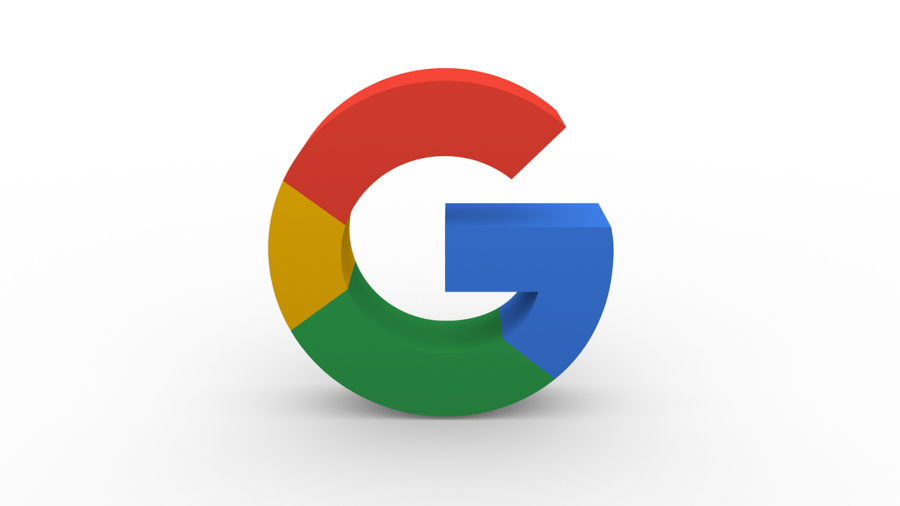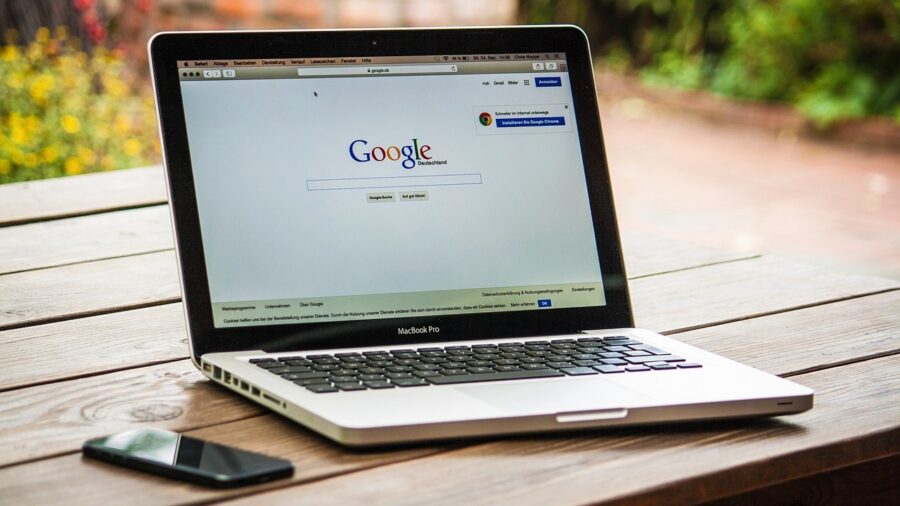Google Getting Sued Because Their Ads Are So Annoying

These days, it seems like Google is taking a beating from all sides. More and more users are using ChatGPT instead of Google to find answers to important questions, and Google’s own answer to AI, Google Bard, is frequently losing ground to competitors. Now, Google is actually getting sued: according to Deadline, Google is being sued because the tech giant took money from advertisers for the “privilege of autoplaying their advertisements into the void.”
Google is being sued for autoplay ads that are allegedly triggered by bots.
In order to understand the nature of this lawsuit against Google, it’s important to understand more about how everything is supposed to work for advertisers. A big part of Google’s TrueView advertisement program is that advertisers pay Google based on the number of actual people who watch their ads.
On paper, this is meant to be a “win/win” for advertisers because they get all the benefits of running video ads through Google and only have to pay for each set of human eyeballs that actually see the ads.
If the lawsuit is accurate, then TrueView is anything but “true” and the technology company is raking in money while allegedly misrepresenting the function and value proposition of their product.
However, the lawsuit against Google alleges that the technology company has been charging to post advertisements on sites that are either not publicly indexed or otherwise not available via search. This would be bad enough on its own, essentially serving as the digital equivalent of posting a giant billboard in an area where nobody would see it.
The one saving grace of such an outcome is that, in theory, the advertisers still wouldn’t pay extra if nobody was actually seeing their ads on these websites that are so difficult to find.
But the lawsuit alleges that the ads played on these sites to bots and that Google charged advertisers for the privilege of doing so. Rather than being a win/win, this suddenly became a lose/lose for advertisers: if the lawsuit is accurate, then TrueView is anything but “true” and the technology company is raking in money while allegedly misrepresenting the function and value proposition of their product.

And depending on who you talk to, the issue may be much more rampant and uncontrolled than you can imagine.
This would be bad enough on its own, essentially serving as the digital equivalent of posting a giant billboard in an area where nobody would see it.
For example, analytics company Adalytics decided to look into the matter, and they claim “that roughly 80 percent of Google’s video-ad placements on third-party sites violated its standards.” The lawsuit alleges that Google was aware of the bot problem and that advertisers were being charged for ads that weren’t viewed by humans, effectively degrading the value of each view.
It has not yet been proven in court that Google is guilty of this, but if they are, then one of the most prominent tech companies in the entire world may have effectively swindled billions of dollars from advertisers through fake promises of human views.
Once upon a time, Google was considered too big to fail, and we wouldn’t be surprised if they manage to weather this lawsuit just fine. Still, Google taking a big PR hit is good news for tech rivals such as Microsoft, who is still hoping enough of you are willing to make Bing happen.
Only time will tell if Google gets replaced as everyone’s go-to search engine, but one thing is clear: advertisers are now that much less likely to say “I’m feeling lucky” when considering whether Google will provide all of the views they are charging for.










